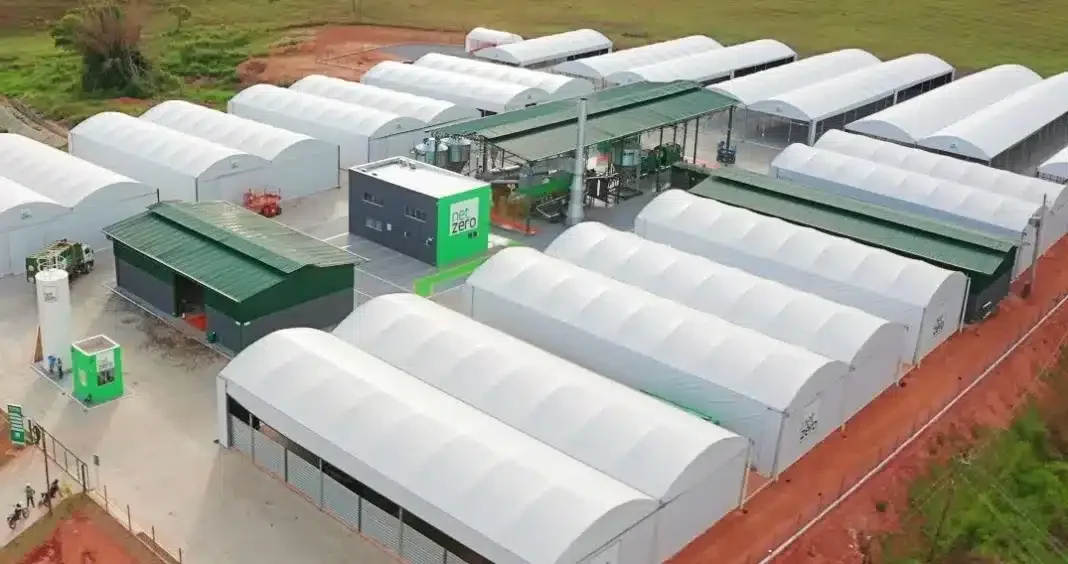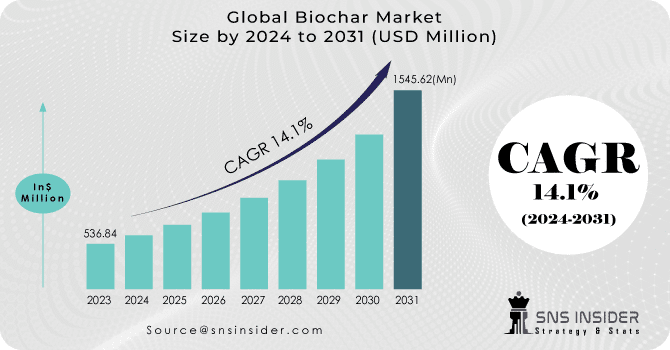French carbon removal company NetZero has secured €18 million ($19.5 million) in new funding from government-backed impact investor STOA Infra & Energy. The capital infusion aims to support NetZero’s expansion by establishing new biochar plants in Brazil and other tropical regions.
The announcement coincides with French President Emmanuel Macron’s state visit to Brazil and follows NetZero’s previous €11 million Series A funding round. The transaction marks the first investment of STOA’s carbon strategy and is significant as one of the largest deals in the biochar sector. It also represents the first major initiative aimed at scaling carbon removal efforts in emerging countries.
NetZero’s Vision for Climate, Agriculture, and Society
NetZero focuses on scaling up biochar in tropical regions, aiming to benefit both the climate and local communities.
Biochar, derived from plant residues and stored in soil, serves as an effective method for permanently removing carbon from the atmosphere while simultaneously enhancing soil quality. This results in increased agricultural productivity, reduced fertilizer usage, and higher crop yields.
NetZero’s innovative biochar technology addresses 3 significant challenges simultaneously:
- Climate change: By producing biochar, NetZero removes atmospheric carbon for millennia, contributing to long-term carbon sequestration.
- Sustainable agriculture: The use of biochar as a soil amendment improves soil quality and crop productivity, promoting sustainable farming practices.
- Social impact: NetZero’s initiatives enhance farmers’ livelihoods and create well-paid industrial jobs in rural areas of developing countries, thereby fostering economic development and social equity.
NetZero’s unique approach to leveraging biochar allows for high-permanence carbon removal from the atmosphere. The company’s model aligns with the Intergovernmental Panel on Climate Change (IPCC) and the European Union’s recognition of atmospheric carbon removal as crucial for achieving net zero emissions globally.
Among the IPCC’s validated technical solutions, biochar stands out for its proven ability to remove carbon from the atmosphere and store it in soils for extended periods.
What is Biochar? Harnessing Nature’s Power
The carbon removal company uses agricultural residues exclusively as feedstock for producing biochar. These residues include coffee or cocoa husks and shells, sugarcane bagasse, coconut shells and fibers, peanut/cashew shells, and more.
Through a process called pyrolysis, these organic materials undergo intense heating in the absence of oxygen. This results in the breakdown of complex molecular chains and the formation of a solid, stable product known as biochar.
While biochar can serve various purposes, NetZero’s primary focus lies in its agricultural application, where it is mixed with topsoil to enhance soil quality and fertility.
During the production process, substantial amounts of renewable energy in the form of gases and heat are generated. The startup then harnesses this energy, using a portion for its own operations while supplying the rest to local partners as electricity or heat.
Biochar has gained attention for its ability to sequester carbon dioxide when introduced into the soil.
The biochar carbon credit market, although still in its early stages, is rapidly expanding, with prices showing a bullish trend. Over the past year, deals for smaller volumes of credits have closed above $500/mt, per DGB Group report. Other deals have begun to clear below $100/mt.
Recent bids for biochar credits ranged from $134/mt to $145/mt, indicating growing interest and potential in this sector, with matching offers between $152/mt to $167/mt.
Scaling Up for Impact
The $19.5 million capital raise will enable NetZero to scale up its technology and deploy production sites at a larger scale in tropical regions. The company aims to remove over 5 million tonnes of CO2 from the atmosphere by 2030.
STOA’s investment in NetZero represents a significant milestone in the biochar space. STOA, established in 2017, focuses on infrastructure and energy investments in developing countries.
Currently, NetZero operates two commercial-scale biochar plants in Cameroon and Brazil. Last month, it partnered with Swiss commodities trader Ecom Agroindustrial Corp. to produce biochar from coffee husks in Brazil, with an expected annual production of over 4,000 metric tons.
In Mexico, another biochar startup, The Next 150, is ramping up its production, aiming to capture 150,000 tons of CO2 equivalent. If that happens, it would be the largest biochar initiative in Mexico.
Global biochar production reaches at least 350,000 metric tonnes annually, representing a remarkable 91% growth rate over 2021 production levels.
From an economic standpoint, revenues generated by biochar and equipment manufacturers surpassed $600 million in 2023. This shows a substantial growth rate of 97% between 2021 and 2023. More notably, projections indicate further revenue growth, expected to reach over $3 billion by 2025.
In terms of market size, a research shows that biochar could reach over $1,540 million in 2031 as seen below.
NetZero has been recognized for its achievements. For instance, it won the Milestone Award in the XPRIZE Carbon Removal competition sponsored by the Musk Foundation. The startup was also certified as a carbon-removal project under the Puro Standard.
The company’s biochar plants contribute to carbon removal efforts and have already supplied carbon removal credits to companies like Boston Consulting Group, though specific volumes and prices were not disclosed.
With Brazil being one of the world’s largest agricultural countries and committed to decarbonization, it represents a strategic market for NetZero and the company’s goal of leading the biochar carbon removal revolution.



